Dear Health Professional,
Welcome to the SOFT (Support Organization for Trisomy 18, 13, and Related Disorders) page for health professionals. SOFT is a network of families and professionals dedicated to providing support and understanding to families involved in the issues surrounding trisomy 18, 13 and related disorders. Support is provided during prenatal diagnosis, the child’s life and after a child’s passing. SOFT is committed to the idea of shared decision-making among the physician, other professionals, and family. We have been closely involved with SOFT for many years.
John is the medical advisor to SOFT and cofounder with parent Kris Holladay. John is a pediatric geneticist and has a vast amount of experience dealing with infants and children with trisomy 18, 13 and related rarer disorders. His medical interest and expertise in this area are complemented by a strong desire to support families as they deal with the complex issues surrounding these syndromes.
Scott, a general pediatrician, has learned firsthand about these issues after having a son with trisomy 18 who lived for 2 ½ months. SOFT has been an invaluable resource in educating and supporting his family through the whole process of coping with a child with a serious illness and dealing with his death as well.
Health professionals can play a very important role in helping and guiding families who face a pregnancy or an infant with trisomy 18 or 13. Over the past few decades controversy has arisen over the management of infants with life-threatening anomalies such as trisomy 18 and 13. Many physicians have advocated for the ‘conventional’ non-interventionist approach to management which means withholding (or removal of) technological support and surgery, and offering only comfort care.
It is important to note that about 5-8 % of children with these syndromes do survive the first year of life; thus, the condition is not universally lethal as sometimes presented by health professionals. Also in the population studies of survival, the level of care or interventions is not known or is only partly known. Recent Japanese studies have shown that survival rates might be higher with partial or full intervention.
While the developmental disability in children with trisomy 18 and 13 is significant, it is important to recognize that children do advance to some degree in their milestones. They can interact with their families, smile, and acquire many skills, for example, rolling over, self-feeding, and sitting, if they survive infancy.
It is our experience that a shared decision-making approach to management between professionals and family leads to greater satisfaction and less chance of conflict. Families appreciate an open dialogue that allows them to express their values and hopes for their child.
The physician and professionals should also find it easier to express and explain their own values and viewpoints on management when there is an open and ongoing discussion. If you have any families dealing with these diagnoses, please keep SOFT in mind.
Thank you for visiting us.
Sincerely,
D. Scott Showalter, M.D., M.P.H.
John C. Carey, M.D., M.P.H.
Note: Many other publications of interest to both physicians and families are available from the SOFT Publications Library
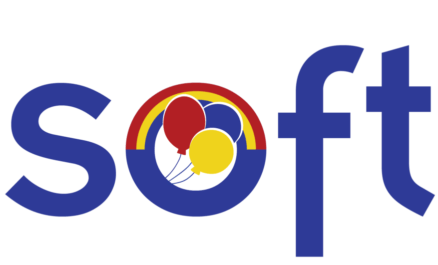

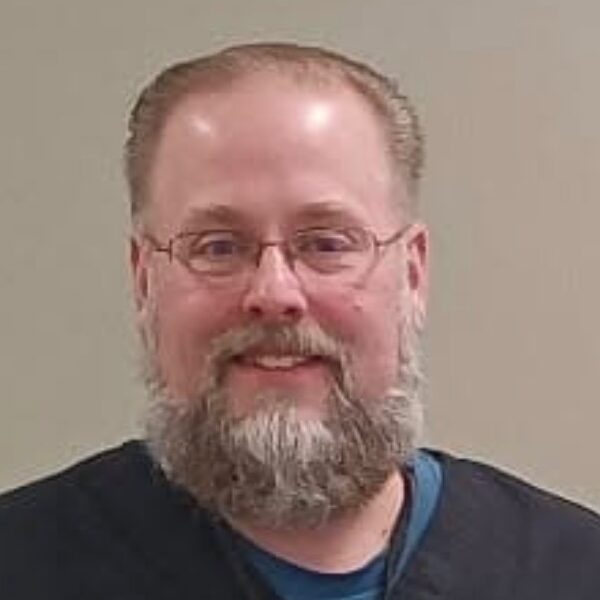

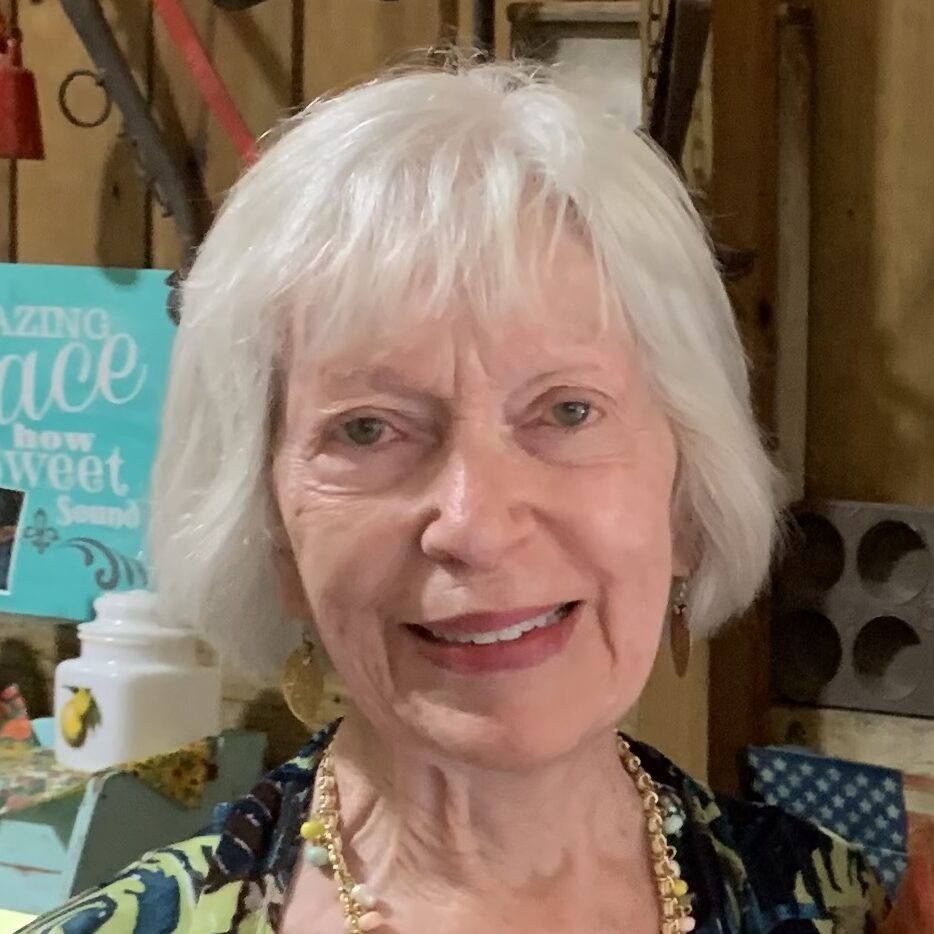

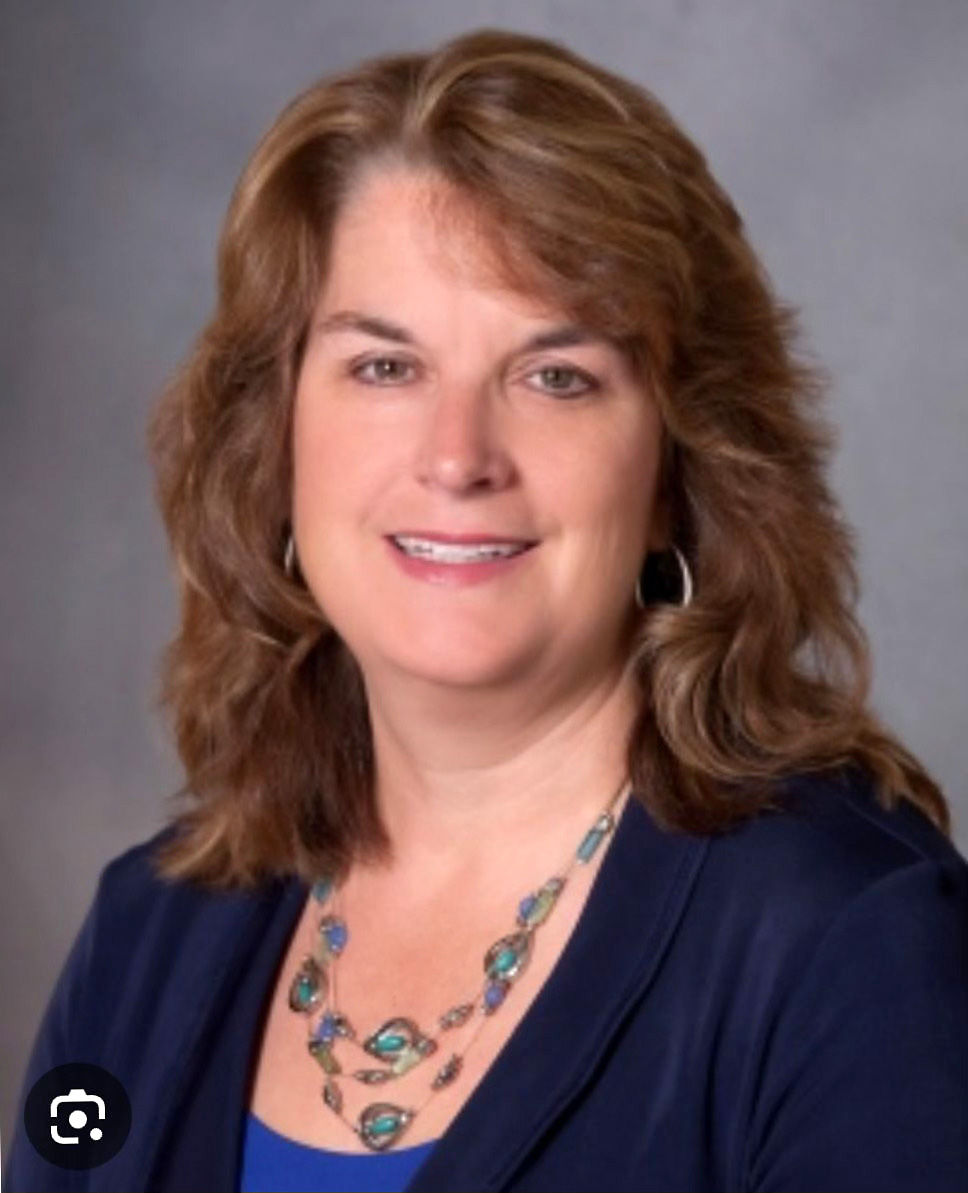
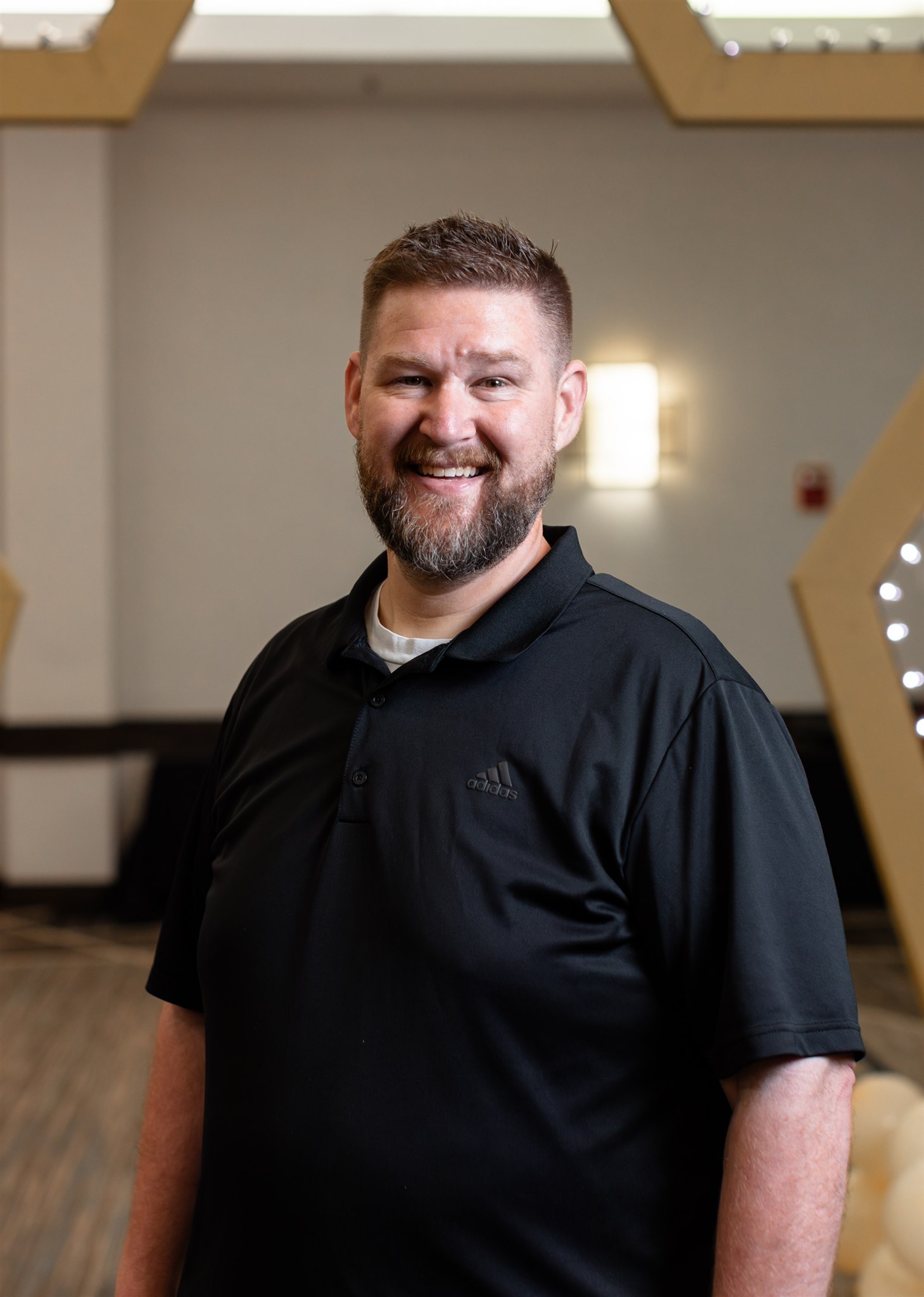
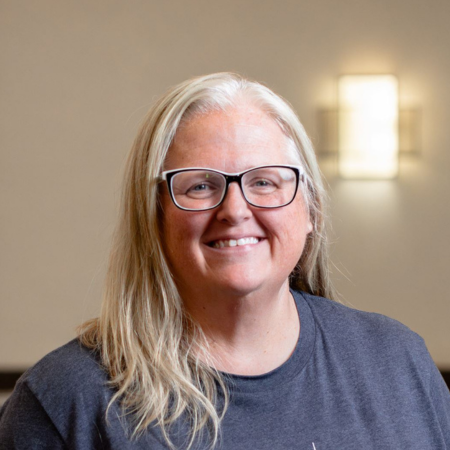

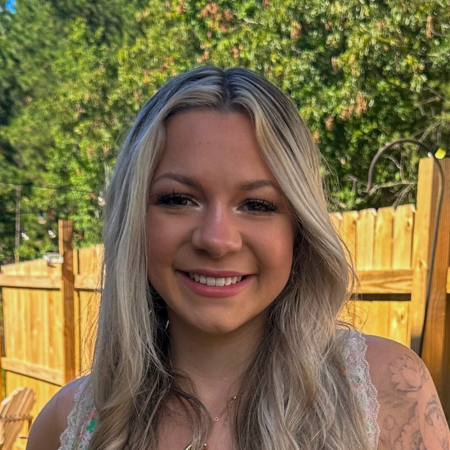
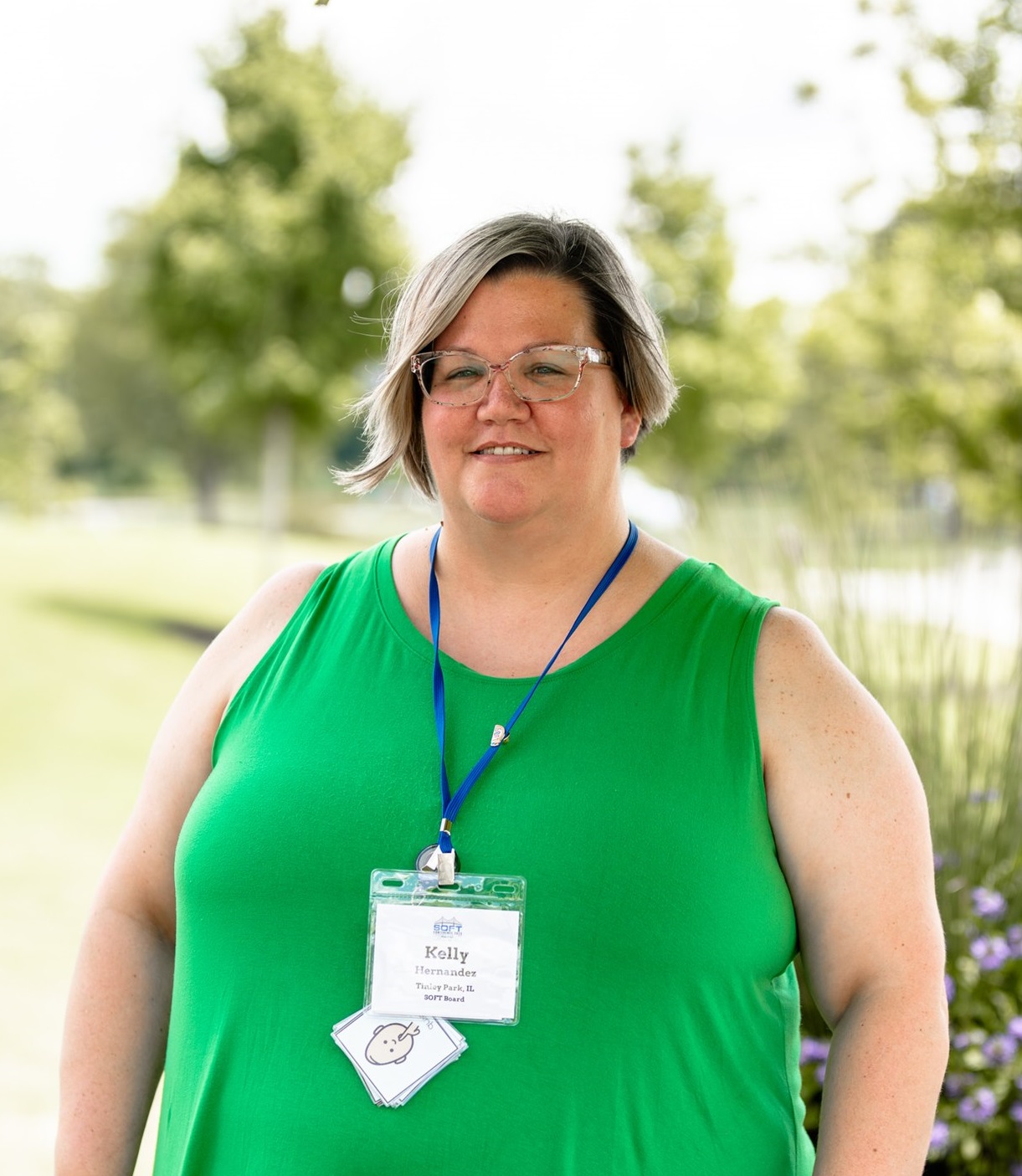
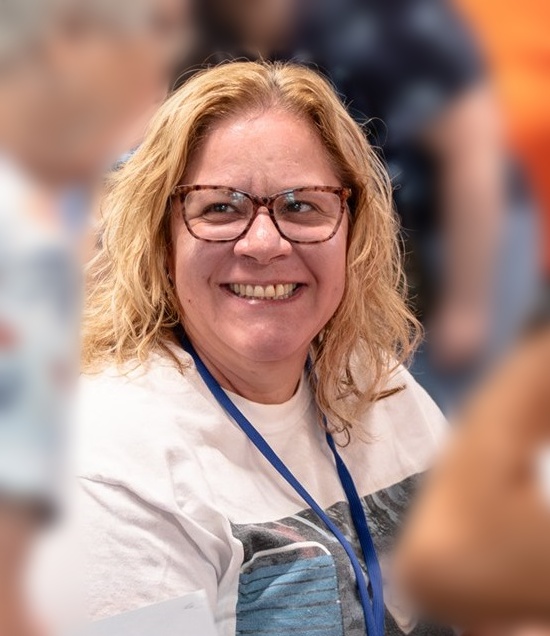
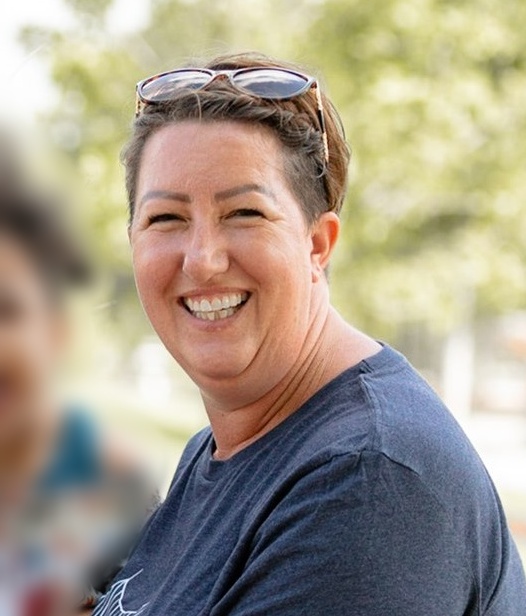

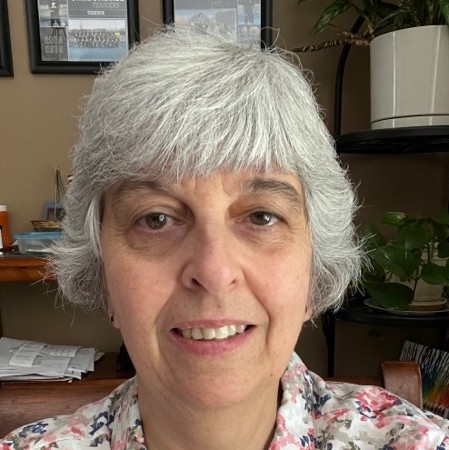
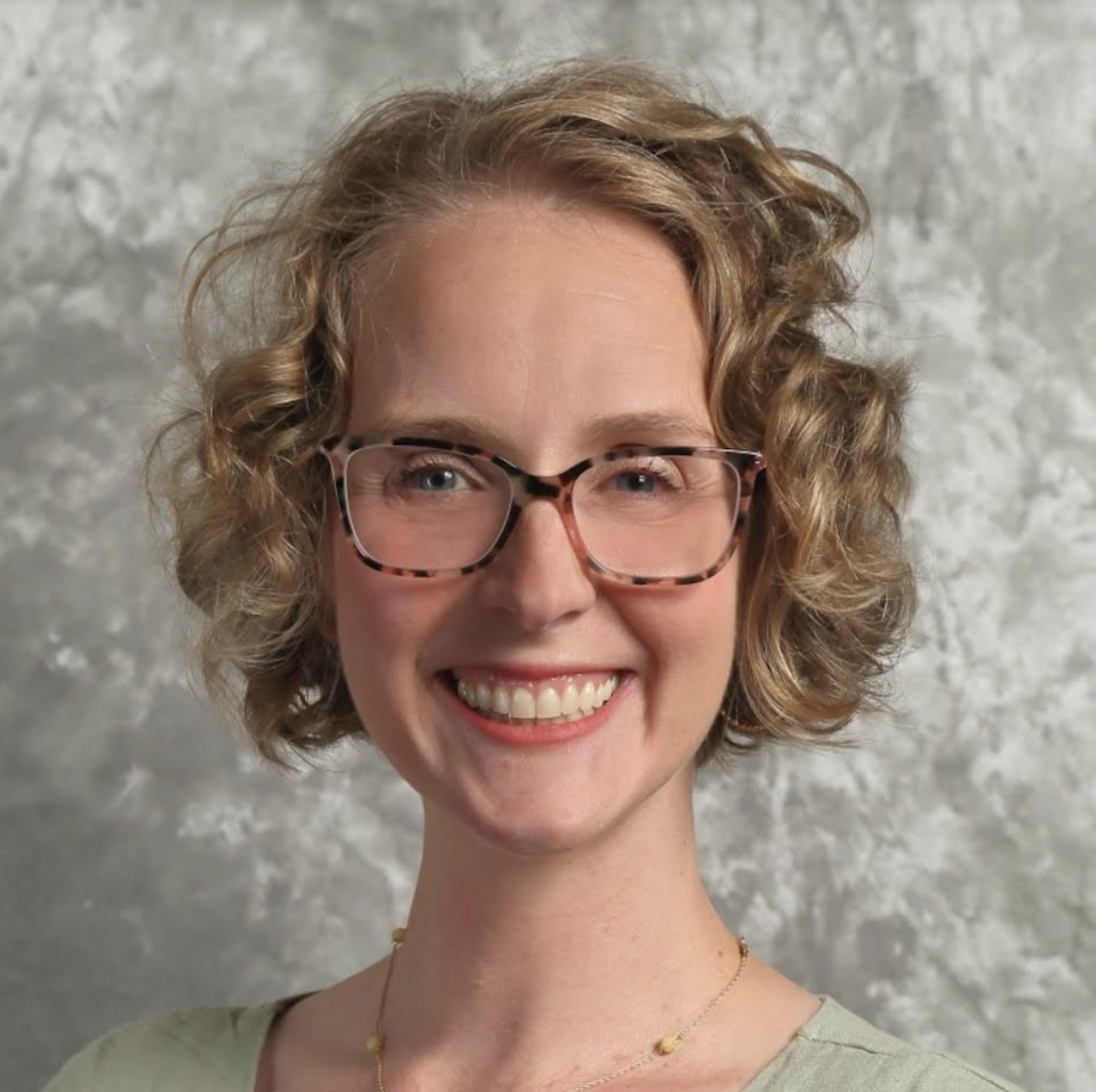

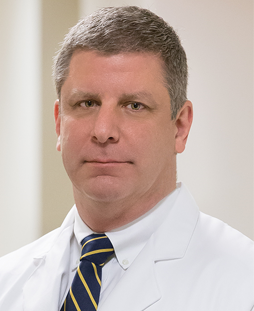

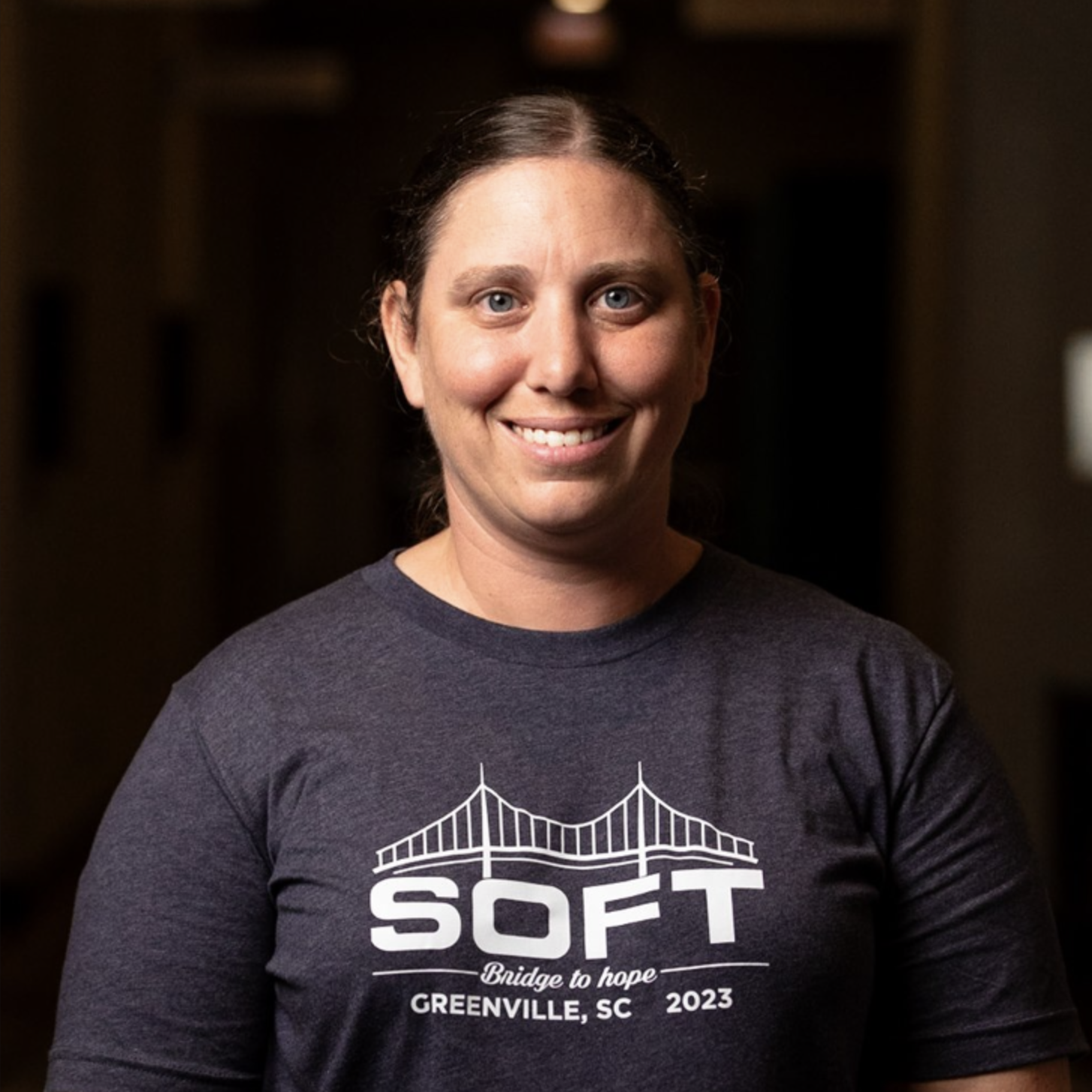



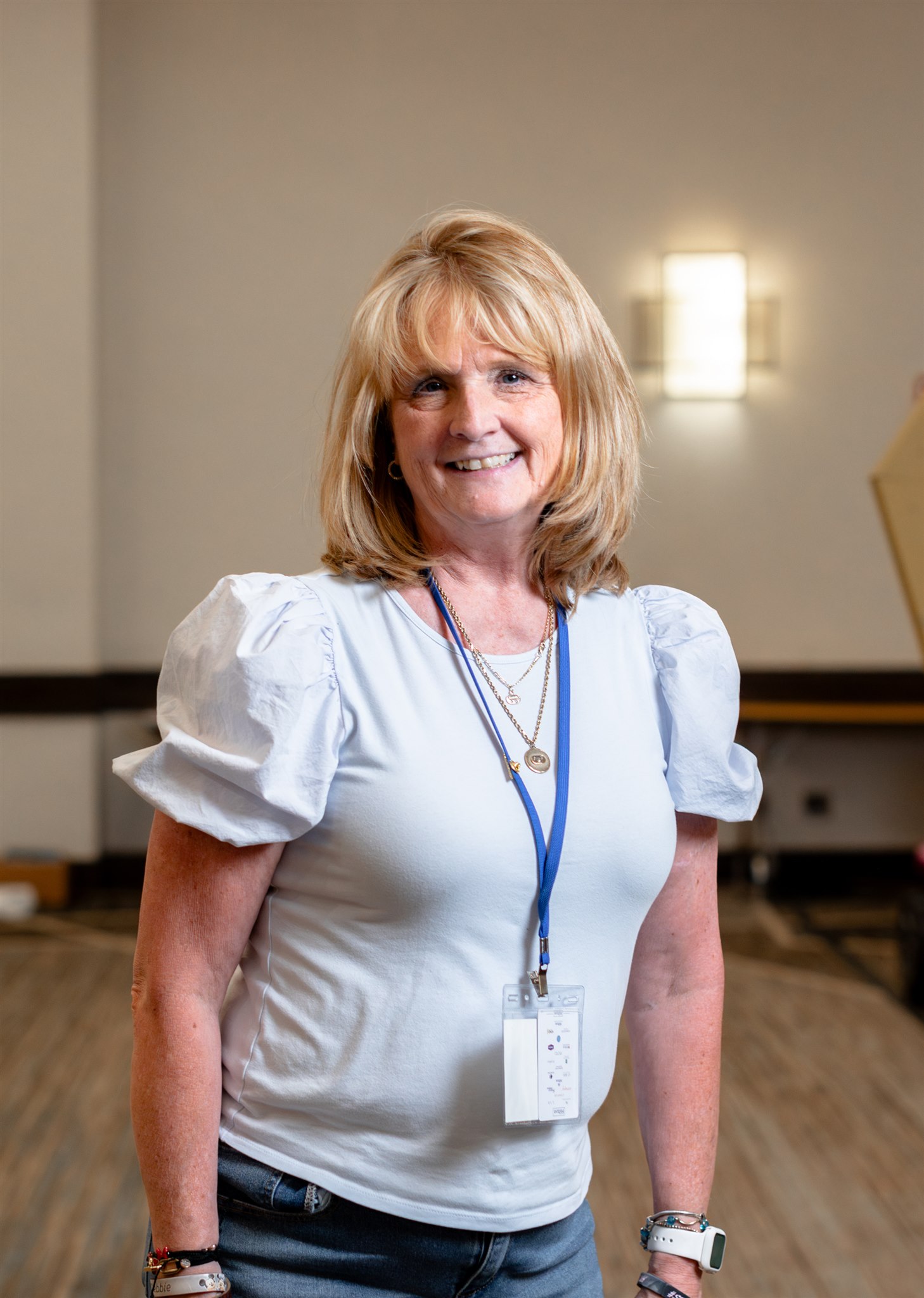
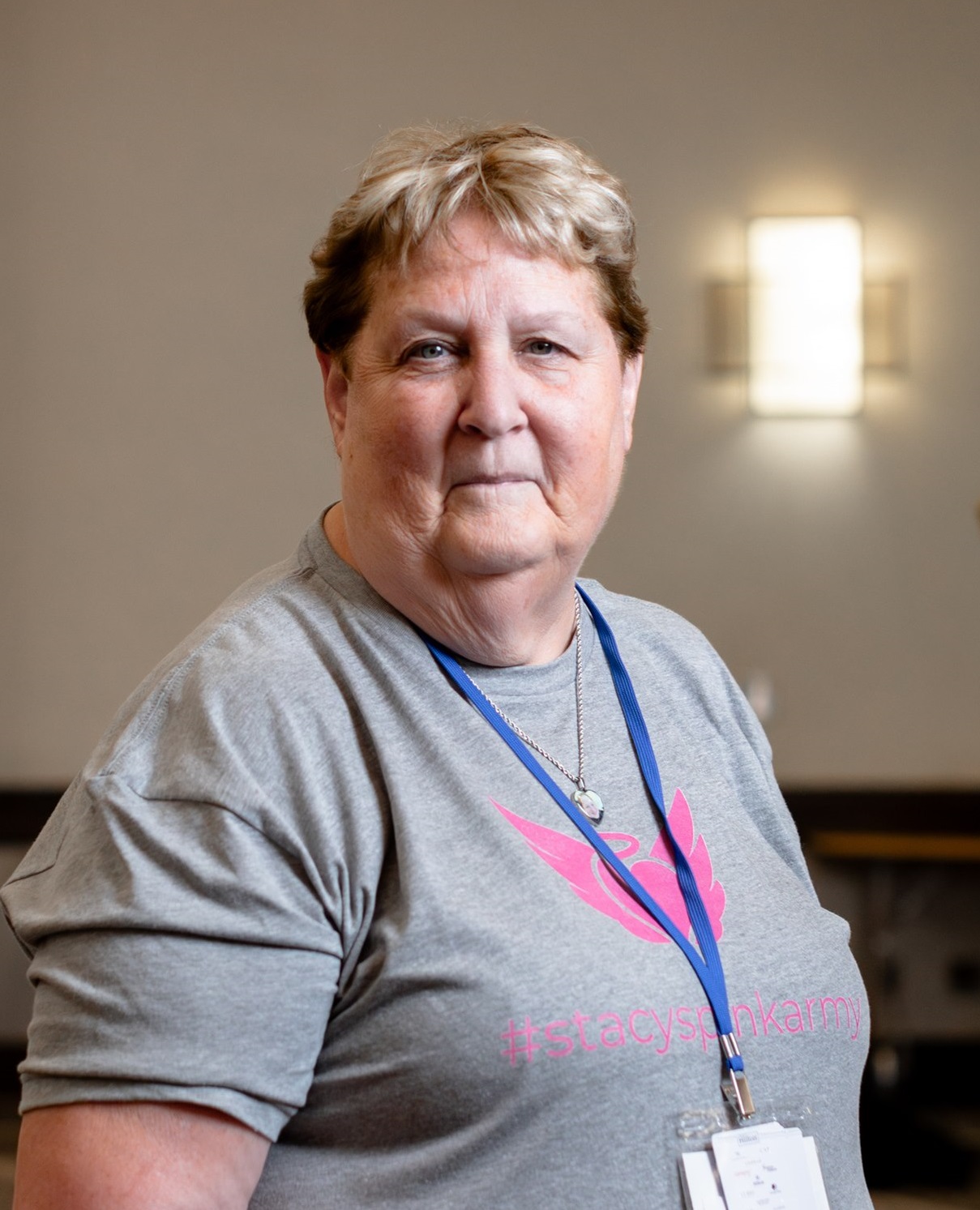
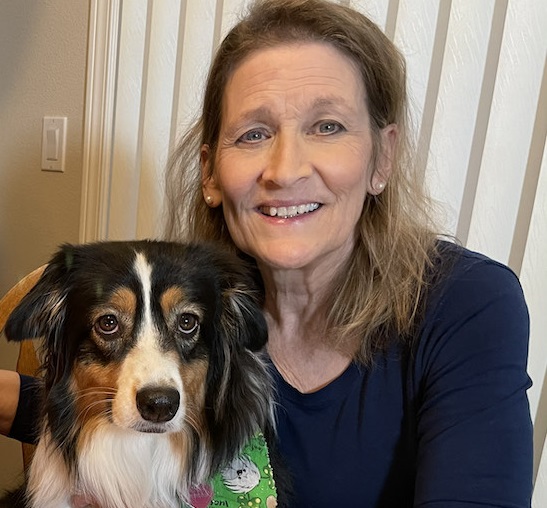
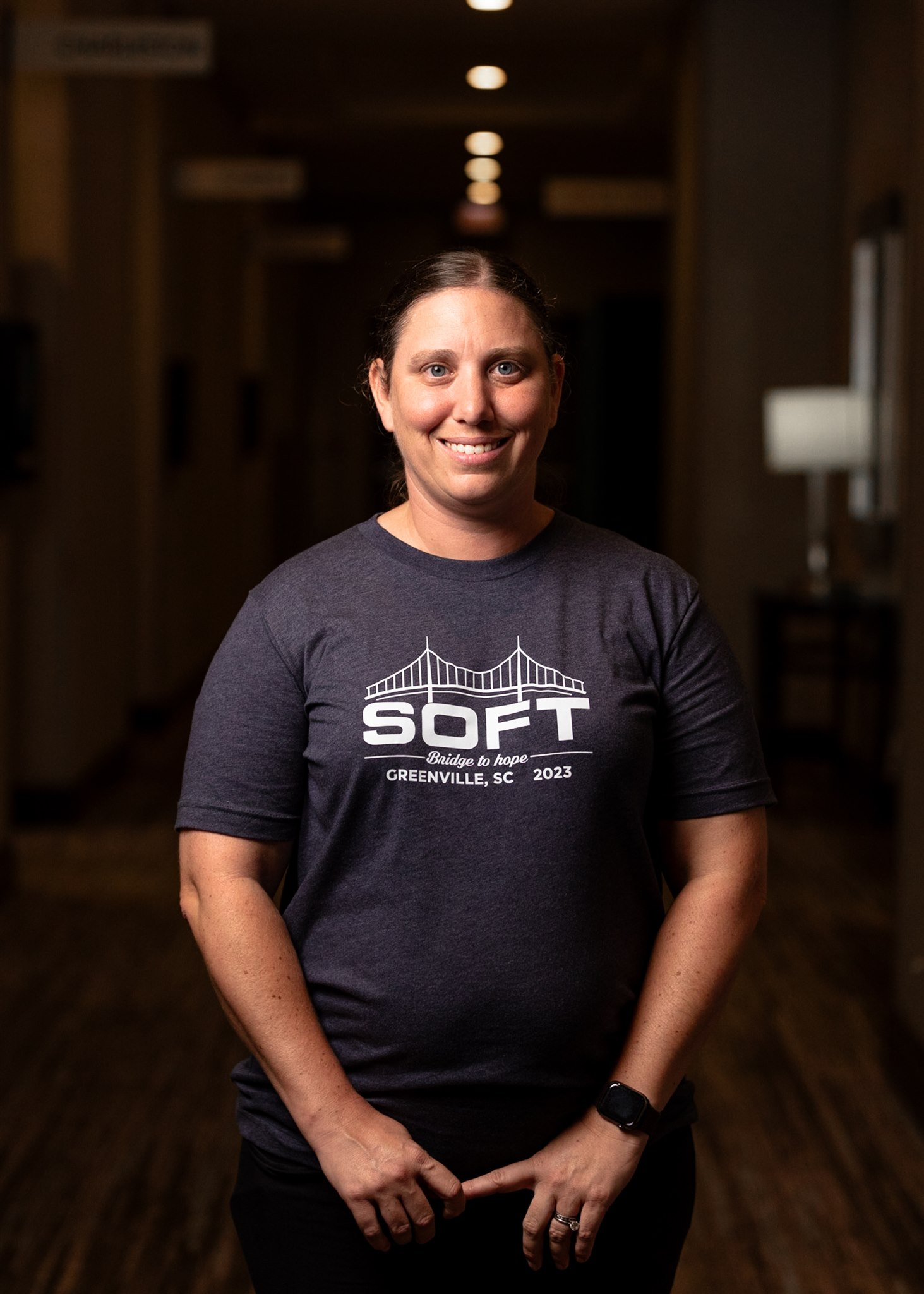


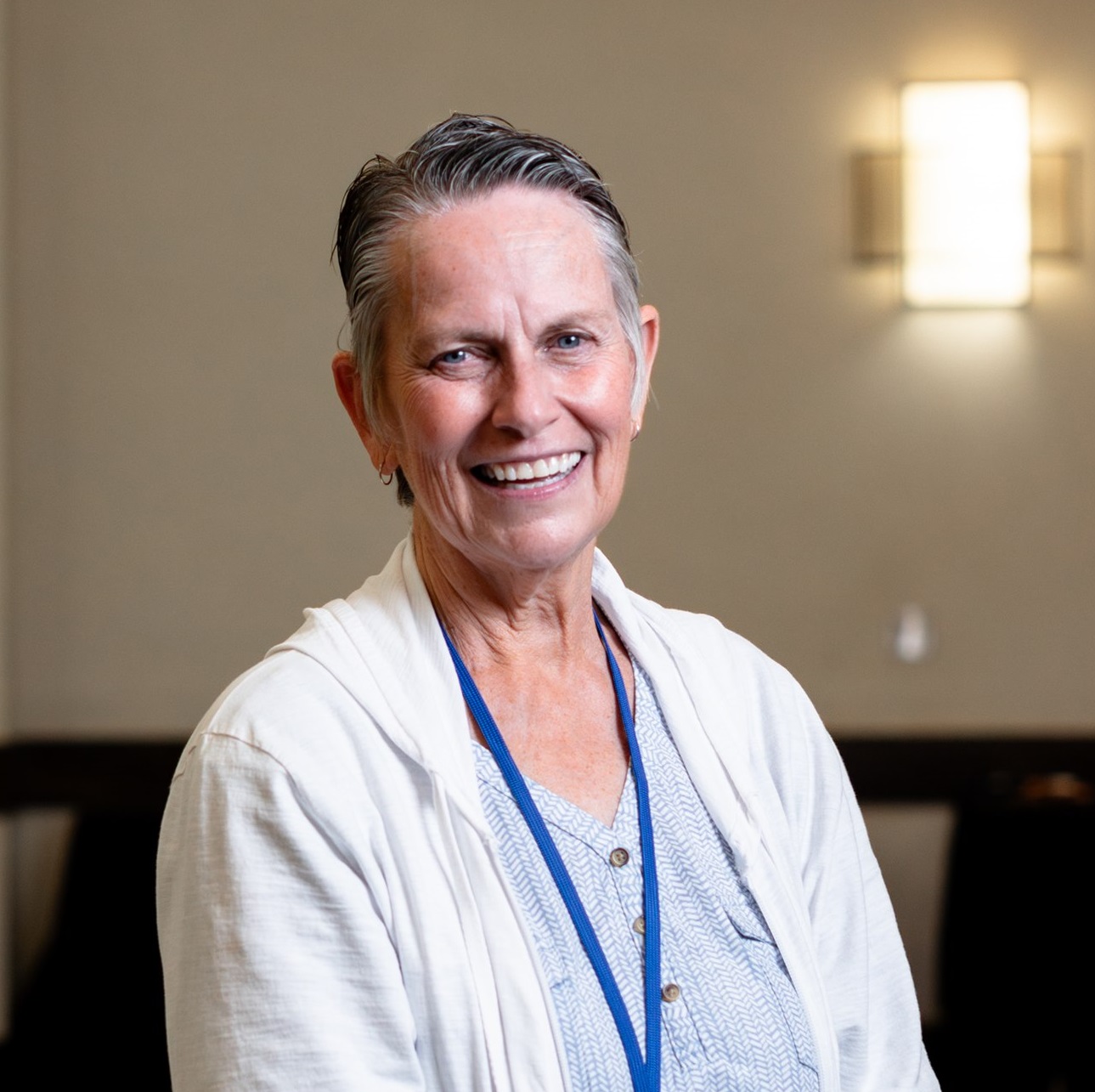

Recent Comments